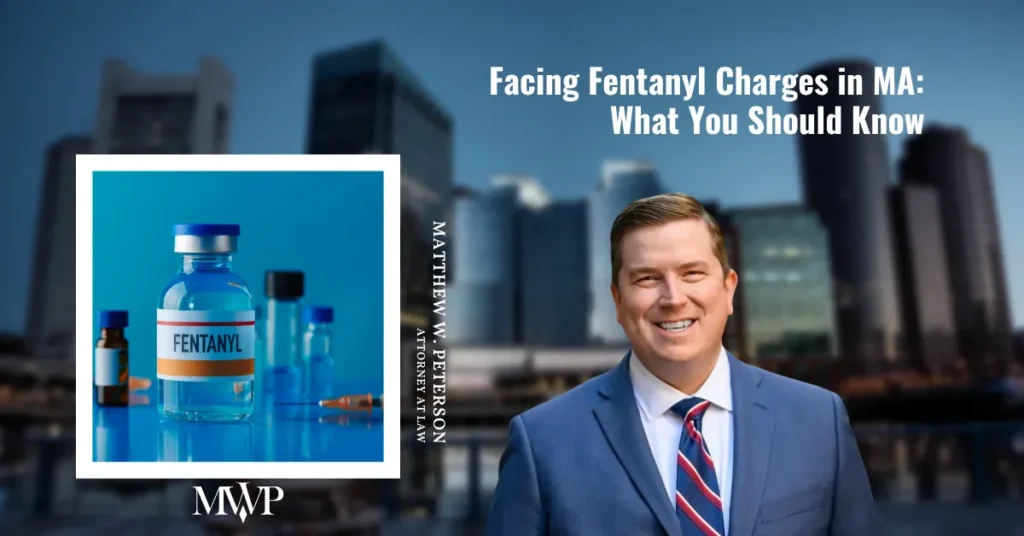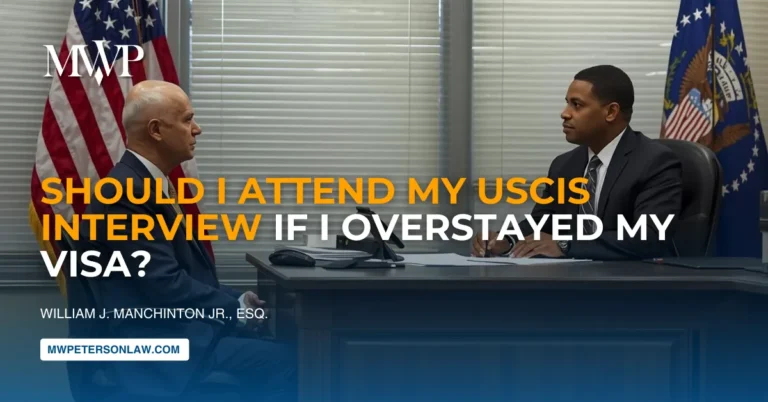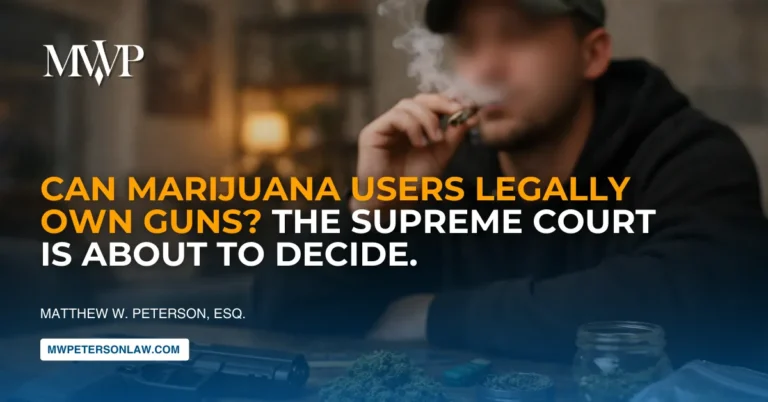The Halt Fentanyl Act of 2025 For Fentanyl Charges
The HALT Fentanyl Act was passed by the Senate in March of 2025, and it permanently placed all fentanyl-related substances as Schedule I controlled substances. When a drug is considered Schedule I, it is considered the most dangerous and it carries higher penalties for when someone is caught with it. Stopping fentanyl from being trafficked has become one of the governments most important causes, which means the prosecution doesn’t take fentanyl charges lightly. While this blog will break down fentanyl charges in Massachusetts, it is not legal advice. If you or someone you know is facing fentanyl charges, you should contact a lawyer immediately.
Massachusetts Fentanyl Laws and Classifications
In Massachusetts, fentanyl is classified as a Class A controlled substance, which is the most serious category due to its high potential for abuse and addiction. Massachusetts General Laws Chapter 94C, Section 32E deals with fentanyl trafficking charges.
Penalties and Mandatory Minimums
The possible penalties that a fentanyl charge can carry depends on the classification of the charge. If it is a possession charge, meaning the police simply found that you owned fentanyl that you likely planned to use yourself, the penalties are slightly less severe. But when you are accused of distributing drugs, or having evidence that it seemed like you intended to sell drugs, the penalties get higher. The most severe penalties belong to trafficking charges, as this charge deals with the sale of large quantities.
Possession Penalties
Simple possession: Up to 2 years in jail and/or $2,000 fine
Subsequent possession: 2.5 to 5 years in jail and/or $5,000 fine
Distribution Penalties
Distribution or possession with intent to distribute: Minimum 1 year, maximum 10 years in state prison with fines up to $10,000
Trafficking penalties (10+ grams)
10 grams or more of fentanyl: Mandatory minimum of 3.5 years in state prison, with a maximum of 20 years and fines of up to $1 million
Federal vs. State Charges
Fentanyl charges can be brought at either the state or federal level, depending on the circumstances of the case. Usually, large-scale fentanyl operations result in a federal prosecution. In addition, if it is found that the crime crossed state lines, it becomes a federal case. Drug cases may be investigated by both local and federal authorities, and either can be the one to bring charges. Though, generally speaking, smaller quantities of fentanyl will be prosecuted at the state level.
Key Differences in Penalties
Federal penalties are generally more severe than Massachusetts state penalties
Federal charges for 400+ grams of fentanyl: Mandatory minimum 10 years in prison with a maximum of a life sentence
Federal charges for 40+ grams of fentanyl: Mandatory minimum of 5 years in prison with a maximum sentence of up to 40 years
Aggravating Factors
Enhanced penalties can be added under specific circumstances. Some of these circumstances include:
School zone violations: Drug offenses within 1,000 feet of a school can result in mandatory minimum 2 years additional jail time
Prior convictions: Habitual offender laws may result in increased penalties
Involving minors: Using someone under 18 in drug trafficking carries additional mandatory minimum sentences
Common Defense Strategies
Constitutional Defense: Challenging illegal searches and seizures with motions to suppress or arguing there was a violation of rights in detention, questioning, or evidence collection
- For example, arguing that the traffic stop that led to an officer discovering the drugs was illegal and asking the Court to suppress the evidence found
- For example, arguing that the traffic stop that led to an officer discovering the drugs was illegal and asking the Court to suppress the evidence found
Lack of Knowledge: Arguing that the defendant didn’t knowingly possess the drugs
Insufficient Evidence: Stating there is insufficient evidence to establish distribution or intent of distribution charges
- Sometimes the prosecution will find that the defendant’s possession of cash with the drugs showed intent to distribute, and the defendant can argue against this
- Sometimes the prosecution will find that the defendant’s possession of cash with the drugs showed intent to distribute, and the defendant can argue against this
Lack of Intent: The defendant didn’t mean to possess or distribute the drug
- For example, the defendant didn’t realize someone had put fentanyl in his luggage or he mistakenly believed the drug was legal
- For example, the defendant didn’t realize someone had put fentanyl in his luggage or he mistakenly believed the drug was legal
Charge Reduction Through Plea Negotiation: negotiating trafficking or distribution charges down to possession to avoid mandatory minimums and harsher sentences
- This can include weight reduction negotiations
What to Do if Facing Fentanyl Charges
It is important to take immediate action by contacting a criminal defense lawyer as soon as you are aware of the investigation or charges being brought against you. Do not discuss your case with anyone, especially not with law enforcement, without a lawyer present. Securing an attorney early on means that they will be able to begin working on your case as soon as possible, preserving as many defense strategies as possible.
Drug convictions can affect employment prospects, college admission, and scholarships, as well as immigration status. Hiring an experienced attorney can help secure your future and protect your rights. At the Law Office of Matthew W. Peterson, we are experienced in defending drug crimes, especially fentanyl charges. We are ready to fight for you, and we don’t back down. Call us now at 617-295-7500 to start the work on your case and begin strategizing with experts.











